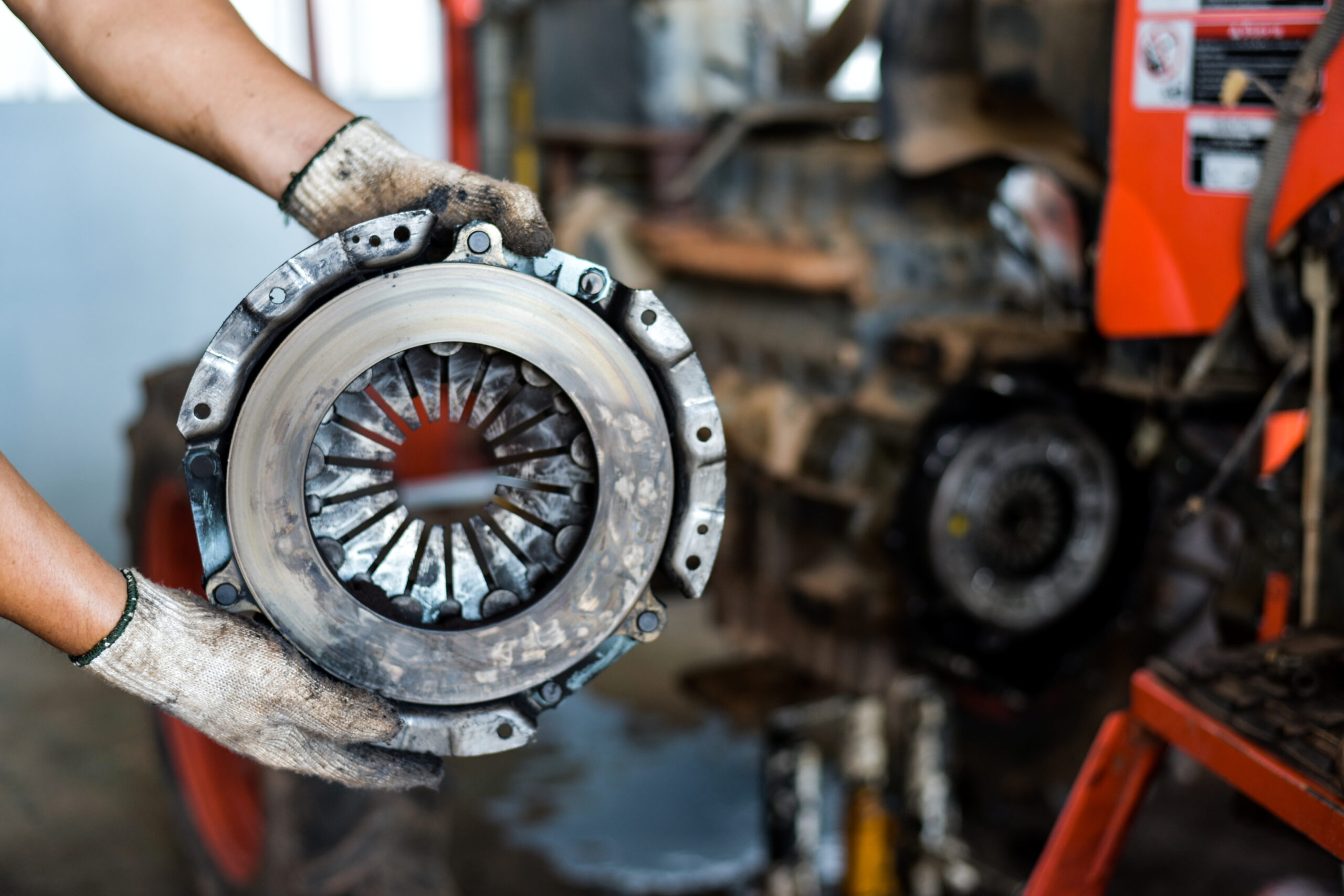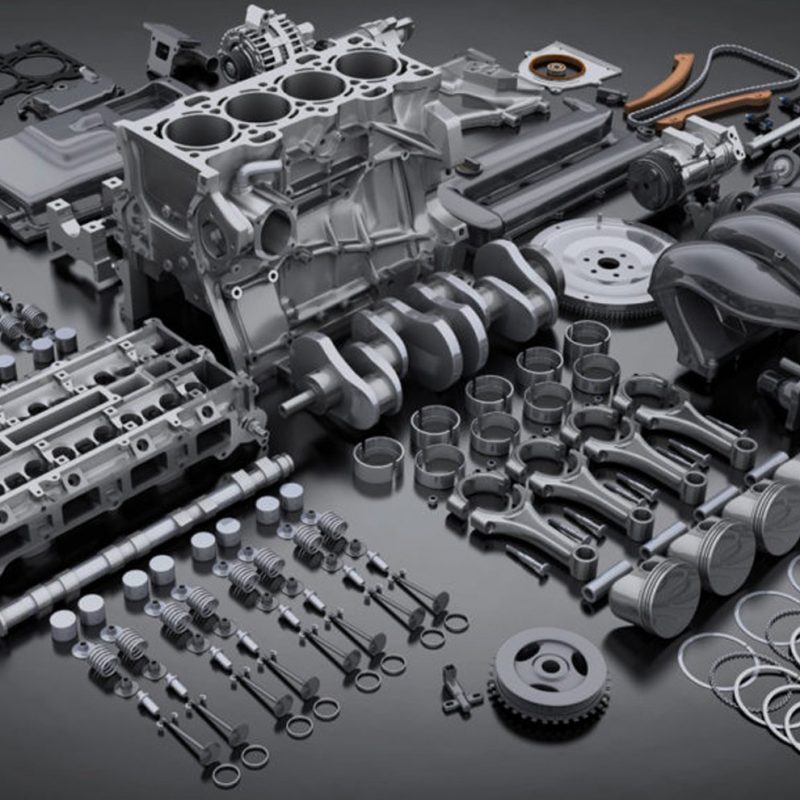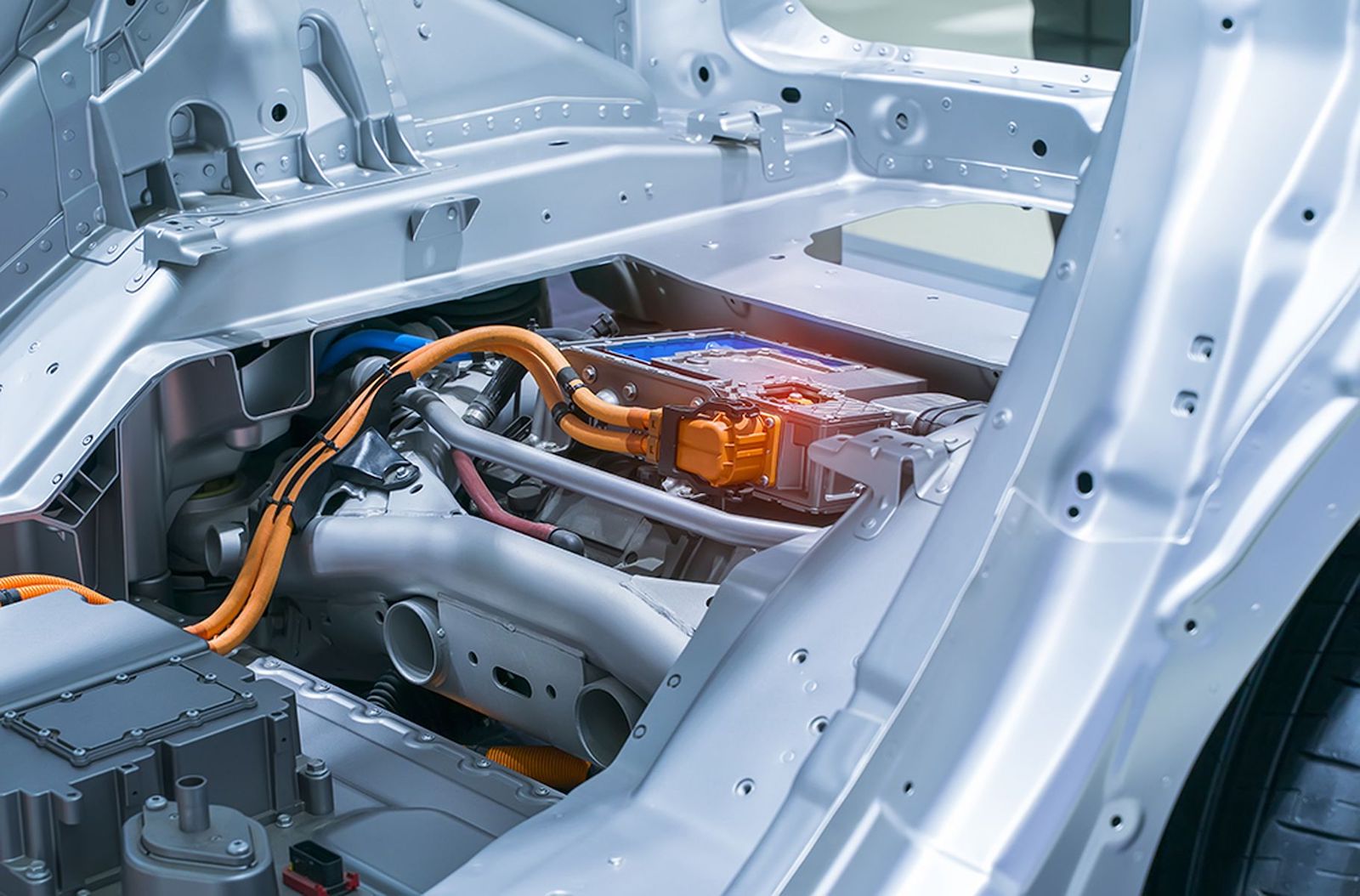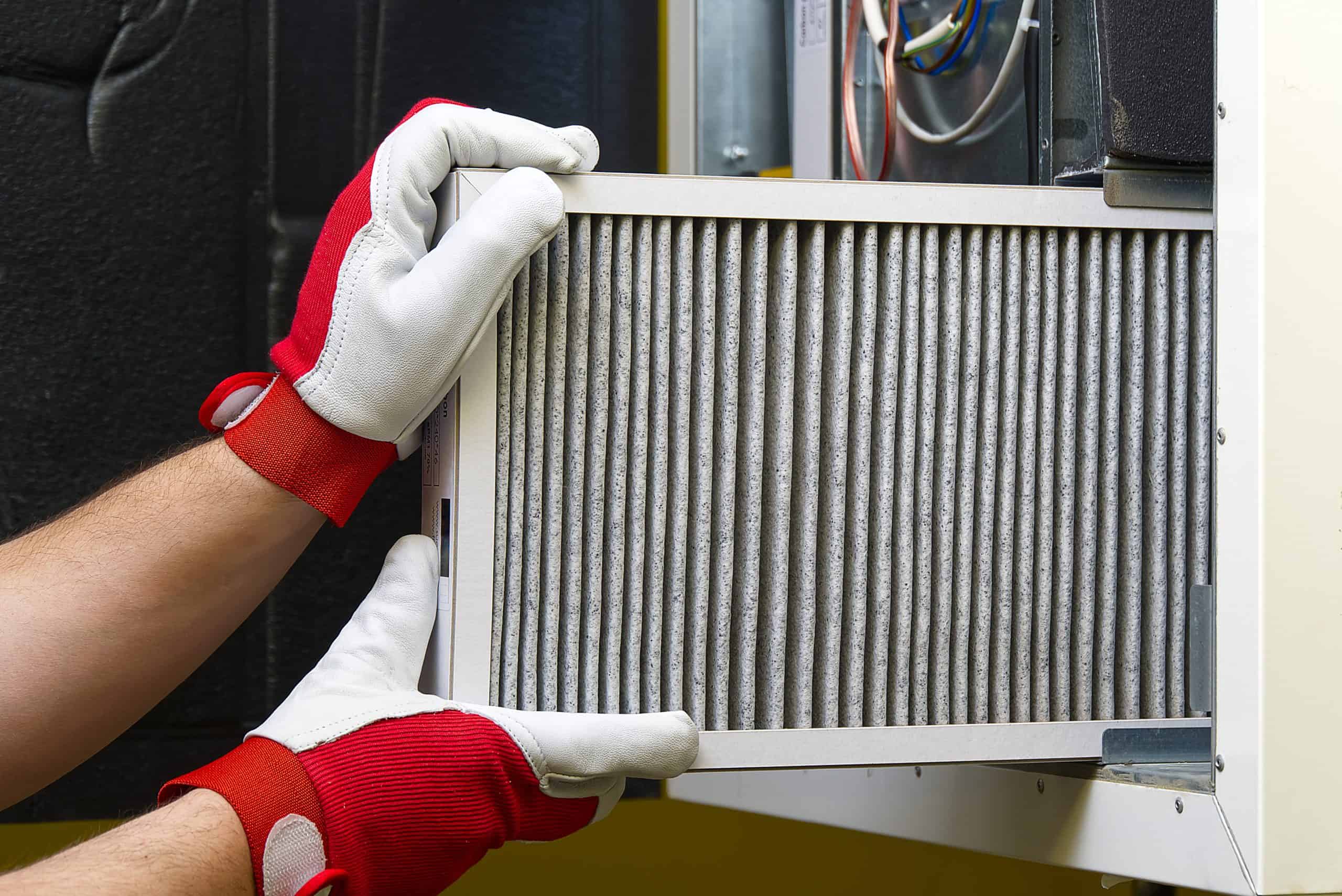Understanding Spare Parts: Importance and Selection Criteria
Understanding Spare Parts: Importance and Selection Criteria
Spare parts play a crucial role in maintaining the smooth functioning of any equipment or machinery. They are replacement components that can be used in the event of a failure or malfunction of the original part. In this article, we will discuss the importance of spare parts and the key selection criteria to consider when purchasing them.
Importance of Spare Parts
Spare parts are essential for ensuring the continuity of operations in industries such as manufacturing, transportation, and construction. They provide a quick and cost-effective solution to equipment breakdowns, minimizing downtime and lost productivity. In some cases, the unavailability of a spare part can lead to a complete shutdown of operations, resulting in significant financial losses.
Furthermore, spare parts also play a crucial role in maintaining the safety and reliability of equipment. Regular replacement of worn or damaged parts can prevent potential accidents and prolong the lifespan of the equipment.
Selection Criteria for Spare Parts
When selecting spare parts, it is important to consider the following criteria:
Compatibility: The spare part should be compatible with the equipment or machinery it is intended to replace. This includes factors such as size, shape, and connecting points.
Quality: The spare part should be of high quality, meeting industry standards and specifications. This ensures that it will function properly and have a longer lifespan than a lower quality alternative.
Availability: The spare part should be readily available and able to be obtained in a timely manner. This minimizes downtime and ensures continuity of operations.
Cost: The cost of the spare part should be reasonable and in line with industry standards. However, it is important to remember that the cheapest option may not always be the best quality.
Warranty: The spare part should come with a warranty, giving the customer peace of mind and protection against any potential defects or issues.
In conclusion, spare parts play a crucial role in maintaining the smooth functioning of equipment and machinery. It is important to consider key selection criteria such as compatibility, quality, availability, cost and warranty when purchasing spare parts. By doing so, you can ensure that your operations run smoothly and efficiently and that safety and reliability are not compromised.
Types of Spare Parts
Spare parts can be broadly classified into two categories: consumable and non-consumable.
- Consumable spare parts: These are parts that need to be replaced frequently due to wear and tear or regular usage. Examples include filters, lubricants, and seals.
- Non-consumable spare parts: These are parts that have a longer lifespan and may not need to be replaced as frequently. Examples include motors, bearings, and gears.
It is important to have a proper inventory management system in place to keep track of the spare parts needed for your equipment or machinery. This includes identifying the types of spare parts required, their usage frequency, and the lead time required to obtain them.
Spare Parts Management
Effective spare parts management involves several key steps:
- Identification: Identify the types of spare parts required for your equipment or machinery and the usage frequency.
- Classification: Classify the spare parts into consumable and non-consumable categories.
- Inventory management: Keep track of the spare parts inventory, including the current stock levels, reorder points, and lead times.
- Procurement: Establish a reliable and efficient procurement process for obtaining spare parts. This includes identifying reliable suppliers, negotiating prices, and ensuring timely delivery.
- Storage: Store the spare parts in a safe and accessible location. This includes proper labeling, packaging, and handling to ensure the spare parts remain in good condition.
- Disposal: Establish a proper disposal process for any spare parts that are no longer needed or have reached the end of their lifespan.
In summary, spare parts play a crucial role in the smooth functioning of equipment and machinery. It is important to consider key selection criteria when purchasing spare parts, and to have a proper spare parts management system in place to ensure continuity of operations. By implementing effective spare parts management, you can minimize downtime, increase productivity, and prolong the lifespan of your equipment.


